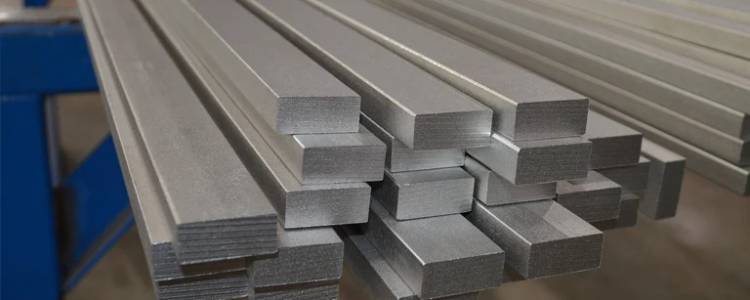Description
Stainless Steel: The Ultimate Material for Durability and Style
Stainless steel is a versatile alloy renowned for its exceptional strength, corrosion resistance, and elegant appearance. Its unique properties make it the ideal material for a vast array of applications, from high-performance industrial components to sophisticated kitchenware and architectural elements.
Unmatched Durability:
- Corrosion Resistance: Unlike ordinary steel, stainless steel is highly resistant to rust and staining, thanks to the addition of chromium and other alloying elements. This inherent protection significantly extends its lifespan and minimizes maintenance requirements, making it a cost-effective choice in the long run. It withstands exposure to various elements, including moisture, salt, and many chemicals.
- High Strength and Hardness: Stainless steel boasts superior strength and hardness compared to many other metals, making it ideal for applications requiring structural integrity and resistance to wear and tear. This durability ensures that products made from stainless steel can withstand significant stress and pressure.
- Low Maintenance: The inherent corrosion resistance of stainless steel dramatically reduces the need for cleaning, polishing, and other maintenance tasks. A simple wipe-down is often sufficient to maintain its pristine appearance.
Diverse Applications:
Stainless steel's versatility shines through its widespread use in numerous industries:
- Kitchen & Food Service: Sinks, cookware, cutlery, appliances – stainless steel's hygienic properties and resistance to corrosion make it a staple in food preparation and service environments.
- Architecture & Construction: Structural components, cladding, railings, and facades – stainless steel contributes to aesthetically pleasing and long-lasting buildings.
- Industrial Manufacturing: Machinery parts, pipes, tanks, and other components benefit from stainless steel's strength, durability, and resistance to harsh chemicals.
- Medical Equipment: Its biocompatibility and resistance to sterilization processes make stainless steel a preferred material for surgical instruments, implants, and other medical devices.
- Automotive Industry: Exhaust systems, body panels, and other components utilize stainless steel's strength and corrosion resistance.
Types of Stainless Steel:
Various grades of stainless steel exist, each tailored to specific applications:
- Austenitic: The most common type, known for its excellent ductility, corrosion resistance, and weldability. Examples include 304 and 316 grades.
- Ferritic: Offers high corrosion resistance and good formability. Typically less expensive than austenitic grades.
- Martensitic: Hardenable through heat treatment, suitable for applications requiring high strength and hardness.
- Duplex: Combines the properties of austenitic and ferritic grades, offering superior strength and corrosion resistance.
Choosing the Right Grade:
Selecting the appropriate grade of stainless steel depends on the specific application and its environmental conditions. Factors to consider include the level of corrosion resistance required, the mechanical properties needed, and the fabrication methods to be employed. Consulting with a materials specialist is recommended for critical applications.
Conclusion:
Stainless steel's exceptional combination of strength, durability, corrosion resistance, and aesthetic appeal makes it a superior material choice for a wide range of applications. Its long lifespan and low maintenance requirements contribute to its cost-effectiveness and sustainability, solidifying its position as a leading material in various industries.
